Should we pay our student advisors? The issue flared up in force last year after Cyril Afeku ’13 and Sarah Mayer ’12 brought a petition to Andrea Conner, the Assistant Dean of Students and Director of Residence Life and Orientation. Once the matter went to Joint Board and the S&B, news of it spread like wildfire.
“The idea of compensation is something people have spoken casually about for a long time,” said Mayer. “It was a response to the reality that student affairs is asking more of its staff members, and will continue to expect more in the future. … being an SA [Student Advisor] or HWC [Hall Wellness Coordinator] is not simply the day to day work. … There are weeks of training and commitments.”
“The students’ initiative that prompted this process was about compensation monetarily, in reference to the fact that other leadership positions are compensated,” said Conner.
Once the ball was rolling, Conner put together a comprehensive document summarizing the pros and cons of putting SAs on the payroll, as well as some representative figures from other peer colleges.
“What we found in our research varies widely,” said Conner. “Reed College, for example, is the only other college in the country that operates under self-governance the same way we do. So we often look to Reed to see what similarities are happening … also because folks are concerned about what would happen to self-gov … Reed actually compensates more than other peer institutions.”
But for Grinnell to match Reed—that is, providing free room and board to SAs—would cost the college approximately $350,000 every year. That’s the high end—on the other hand, Vassar pays its SAs $500. Going by that model, compensation would total up to around $32,000 a year.
Ultimately, it’s likely that compensation would wind up somewhere in the middle. But that huge range of costs has some students, like Sam Mulopulos ’14 worried.
“Is that worth it? Is that a cost we’re willing to pay? “ Mulopulos asked. “We’ve got some really great SAs. And we’ve also got some who don’t do that much! …and if we’re going to start paying SAs, we’ve got to have a way to evaluate them.”
On that point, everyone seems to agree. “Sadly, we don’t get a lot of feedback from students,” says Conner. “Every fall … we send out a community wide survey … and we ask various questions about the students’ opinion about their community, their building, and the performance of their SAs, HWCs, and even RLCs. And our turnout is very low … last year it was so low that we essentially threw it out.”
“If student staff members are compensated, we’d require a higher turnout … for their evaluations, so we’d be able to build in incentive systems … you’d have some sort of requirement written into your position,” said Conner. “We’re also shortening the survey … to make sure it’s more attractive.”
According to proponents, compensation might lend real teeth to the evaluation process.
“The compensation … would improve the competitiveness of the position … so that if an individual is not fulfilling their responsibilities they can be more easily replaced,” said Mayer.
Some aren’t convinced, though. “You’re getting more applicants who may not be as invested and may not be as passionate,” said Mulopulos.
According to Mayer, an important aspect of this discussion is recognizing the amount of work student staff do put into their positions.
“Not many students know that their SAs or HWCs hold jobs outside of their social commitment, jobs which take up a lot of time. …can you imagine juggling two or three jobs, completing all of the schoolwork we have to do, AND actively working as a support and resource for 20+ students on a daily basis?” said Mayer. “It’s not fair to make students choose between funding their education and being involved in the campus community.”
But there are some questions being raised about whether or not paying SAs will interfere with that sense of community. Some are afraid that this might negatively affect the SAs’ ability to interact with students.
“Folks have a misconception that being a mandatory reporter means you have to report someone drinking underage, or smoking pot,” Conner said. “We would not expect our student staff do any sort of confrontation … we’d just expect that … in the spirit of self-gov, they would intervene if something was concerning.



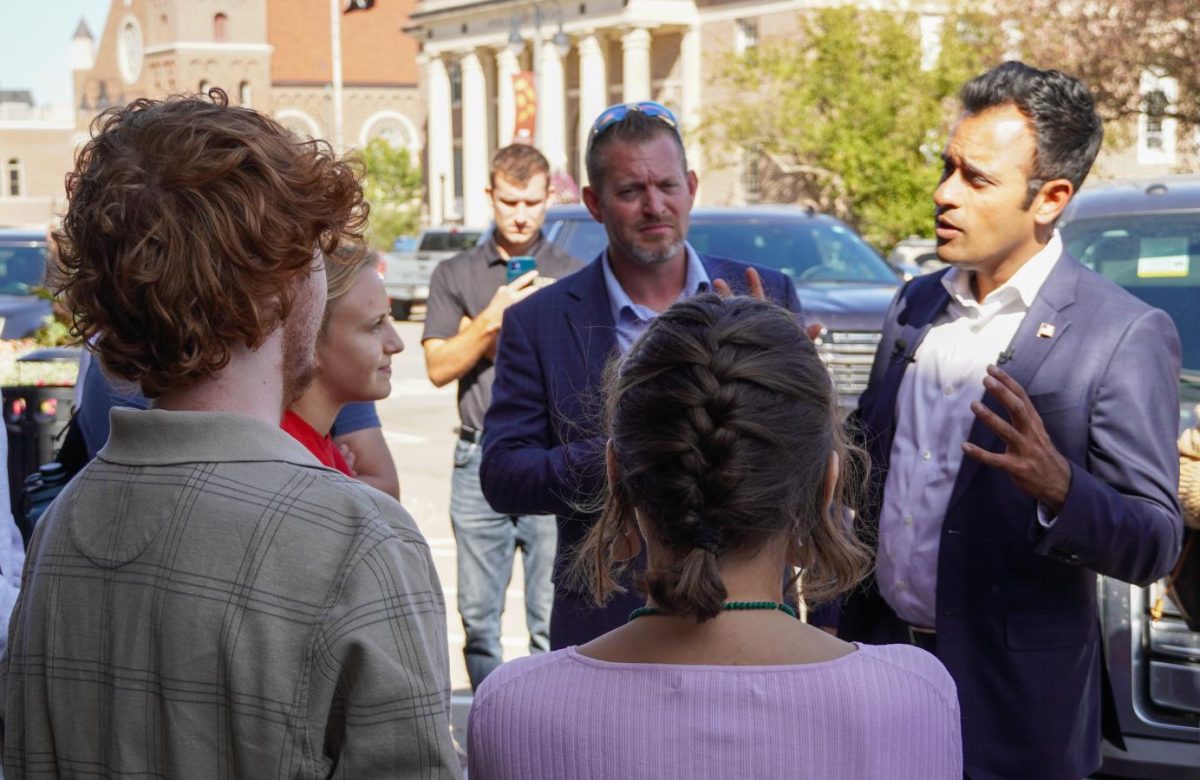





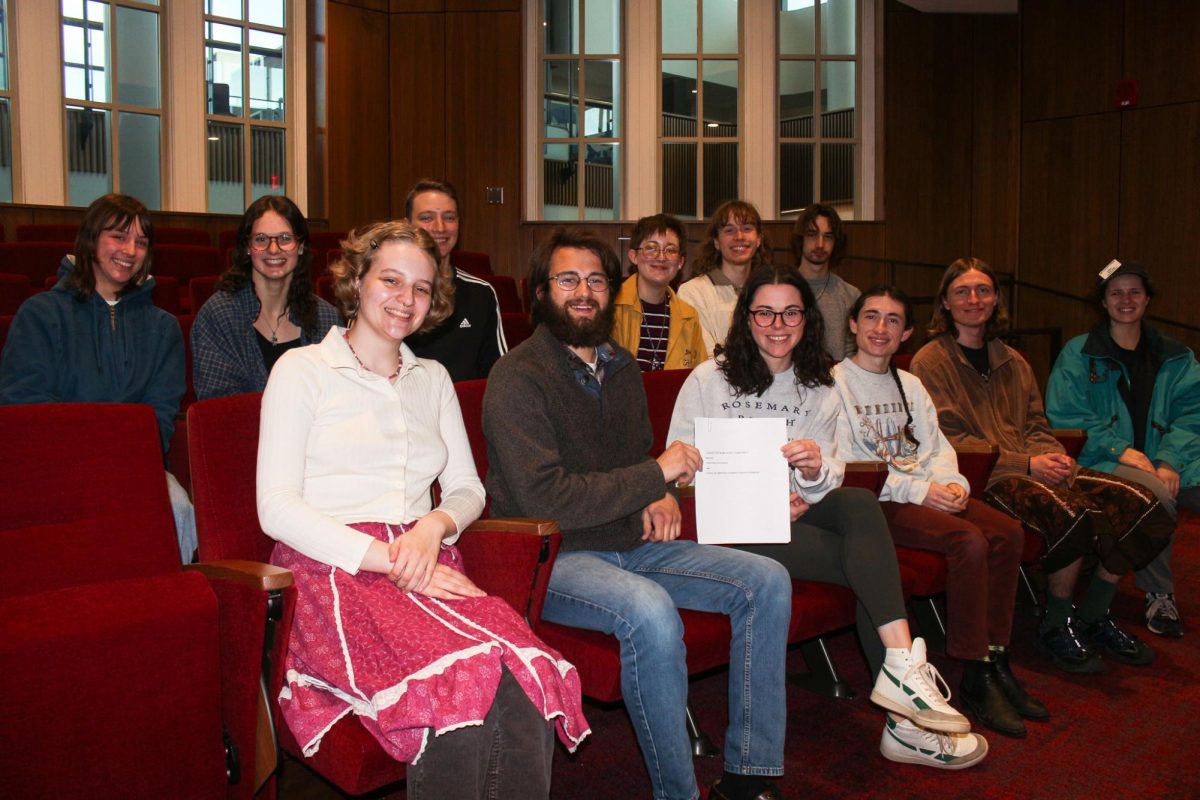













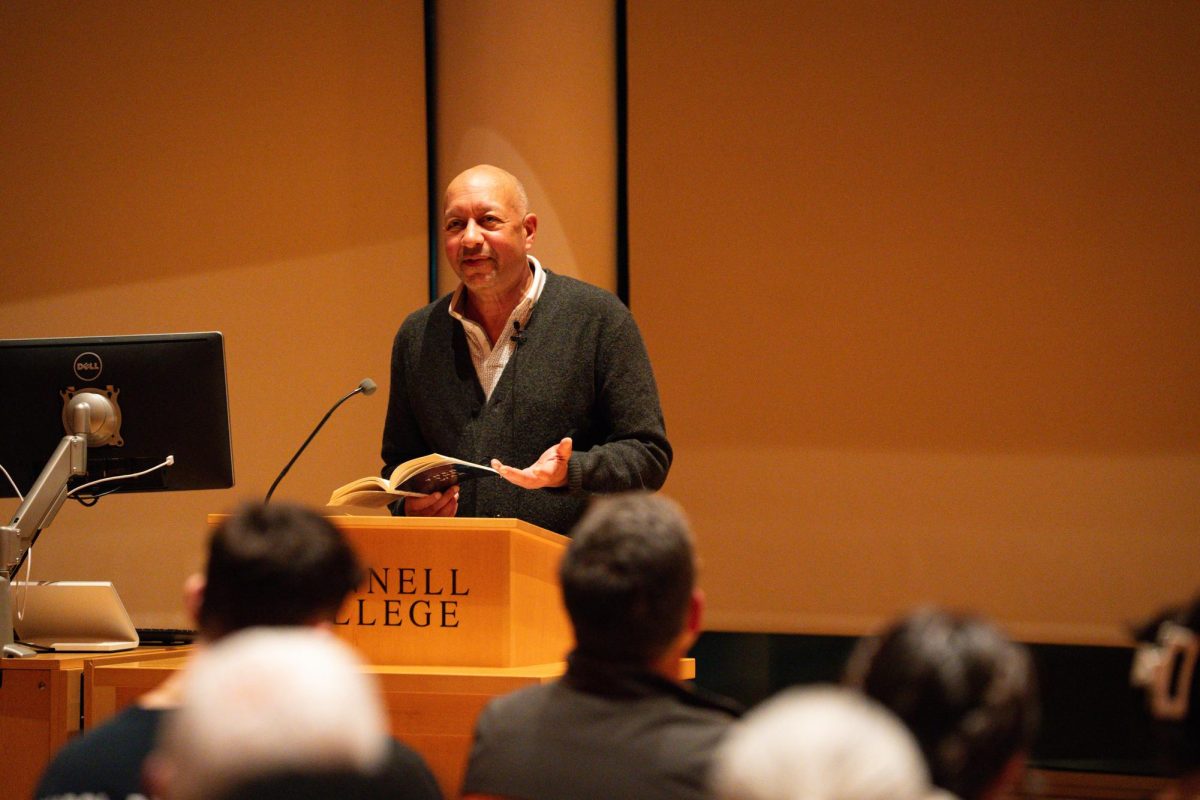
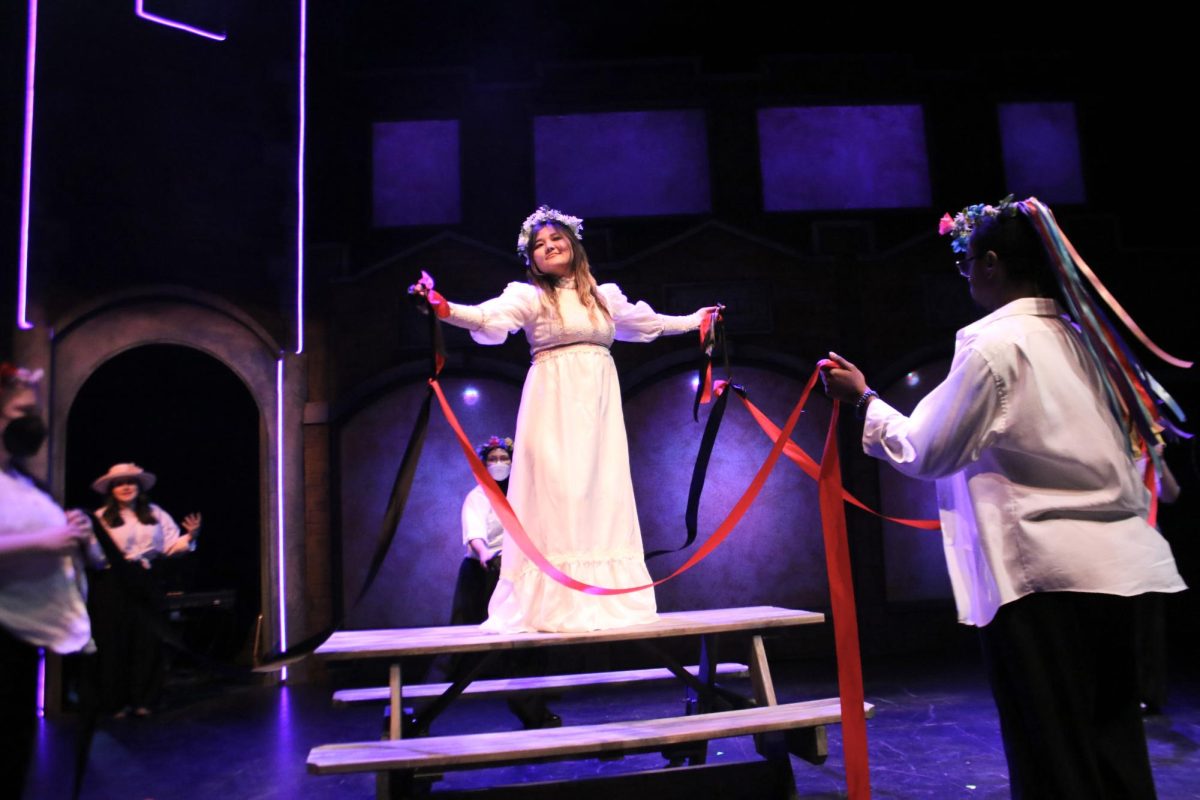



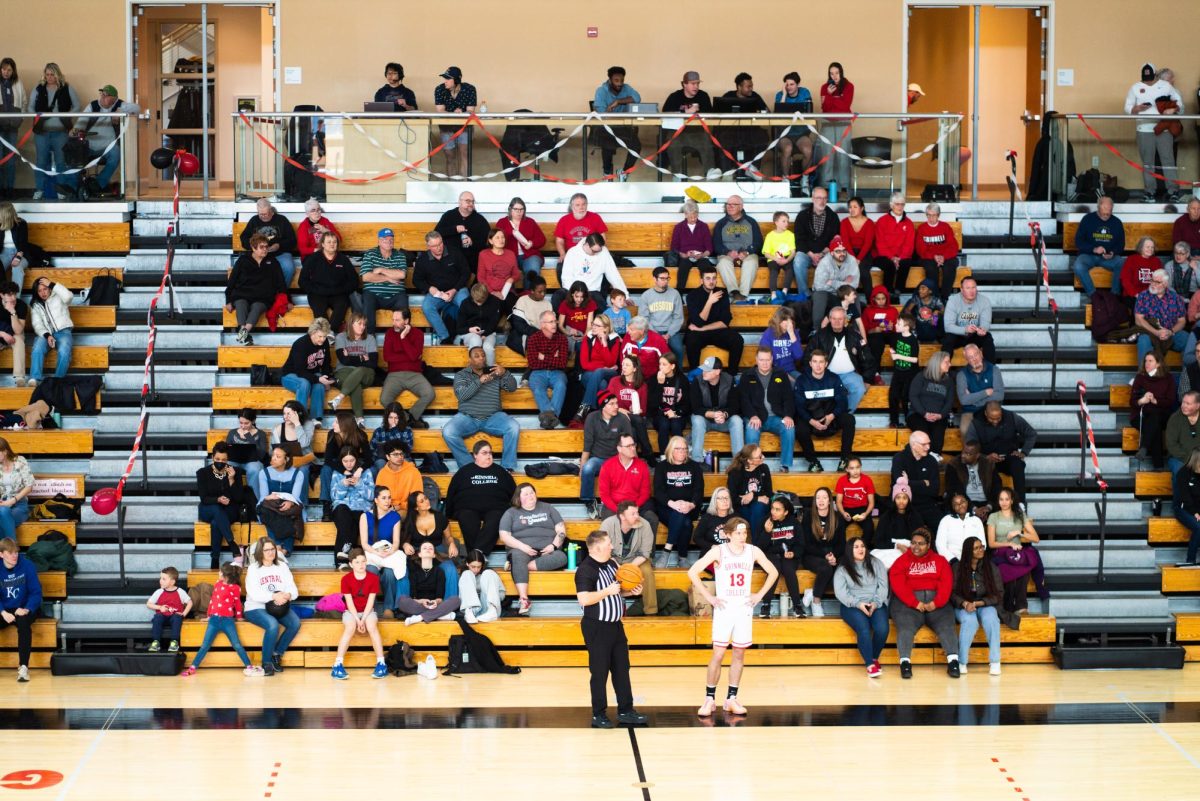


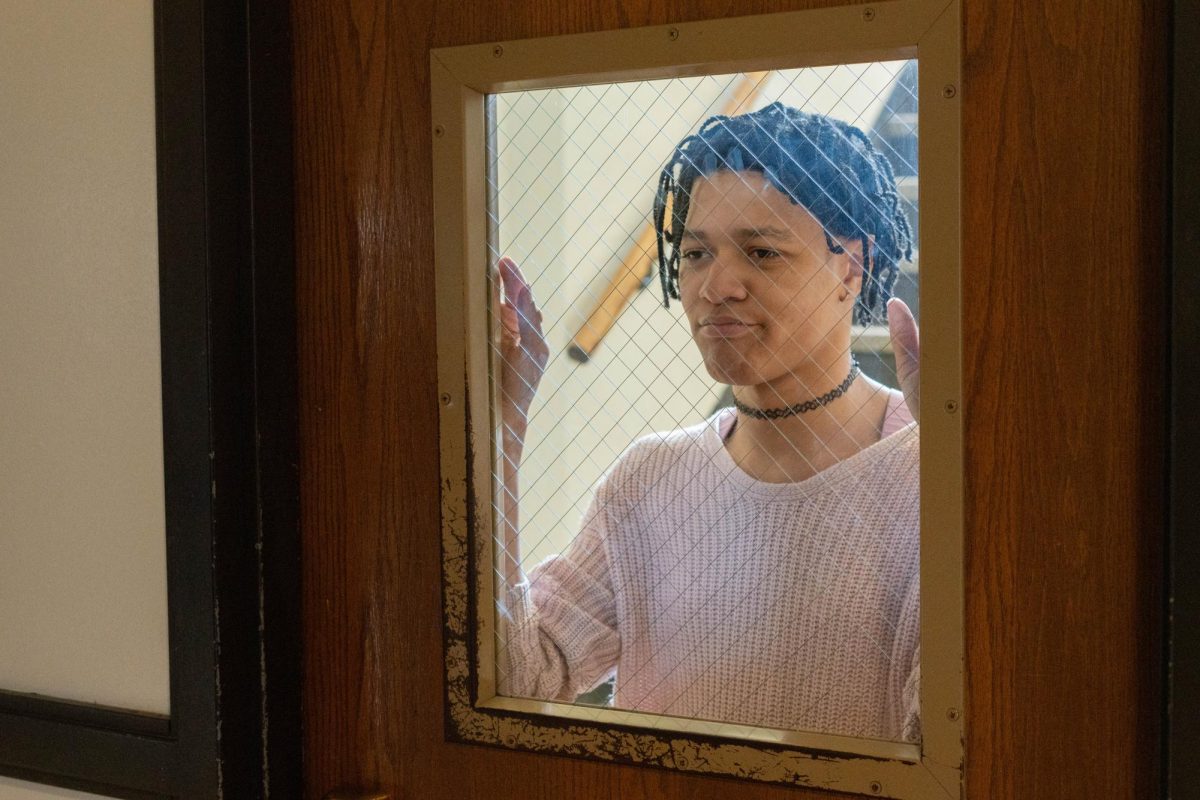

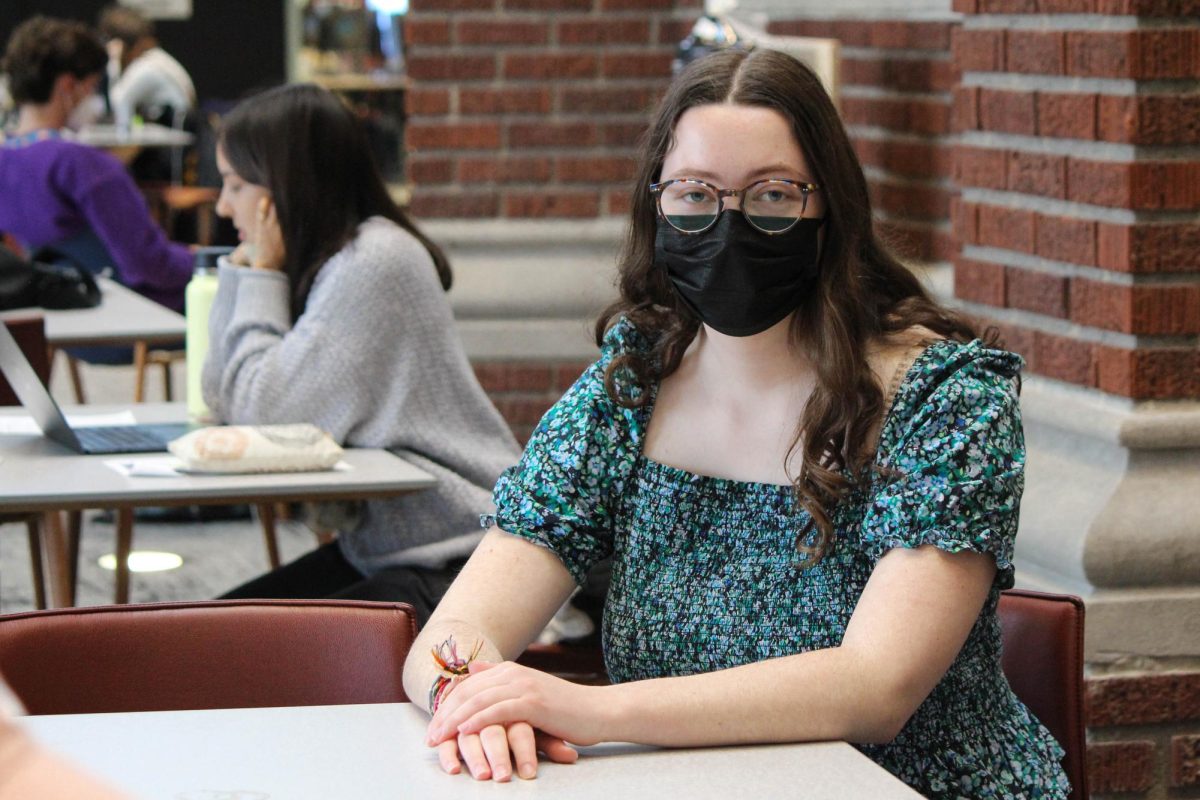



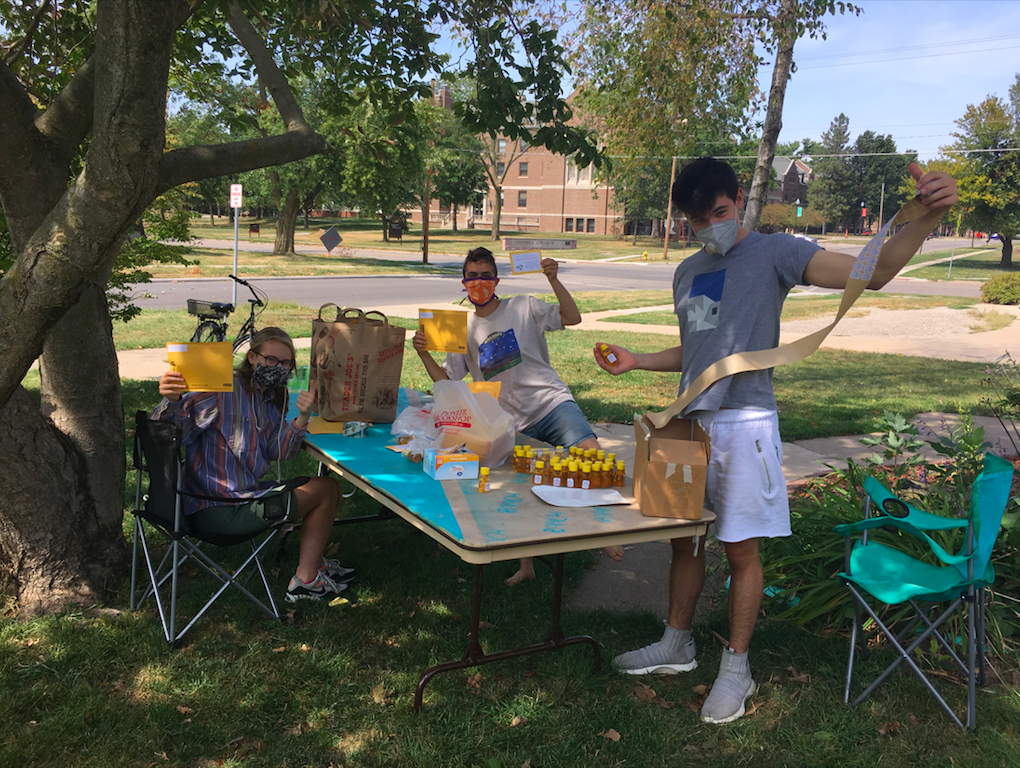






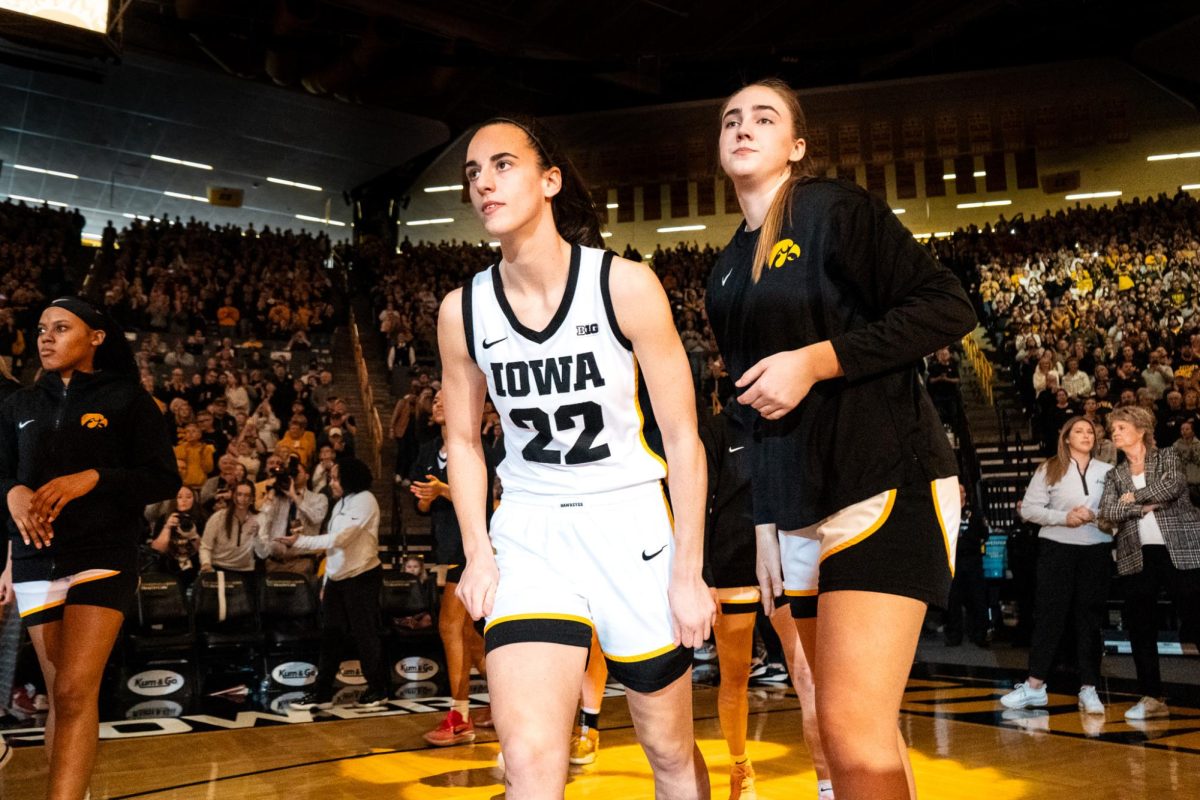

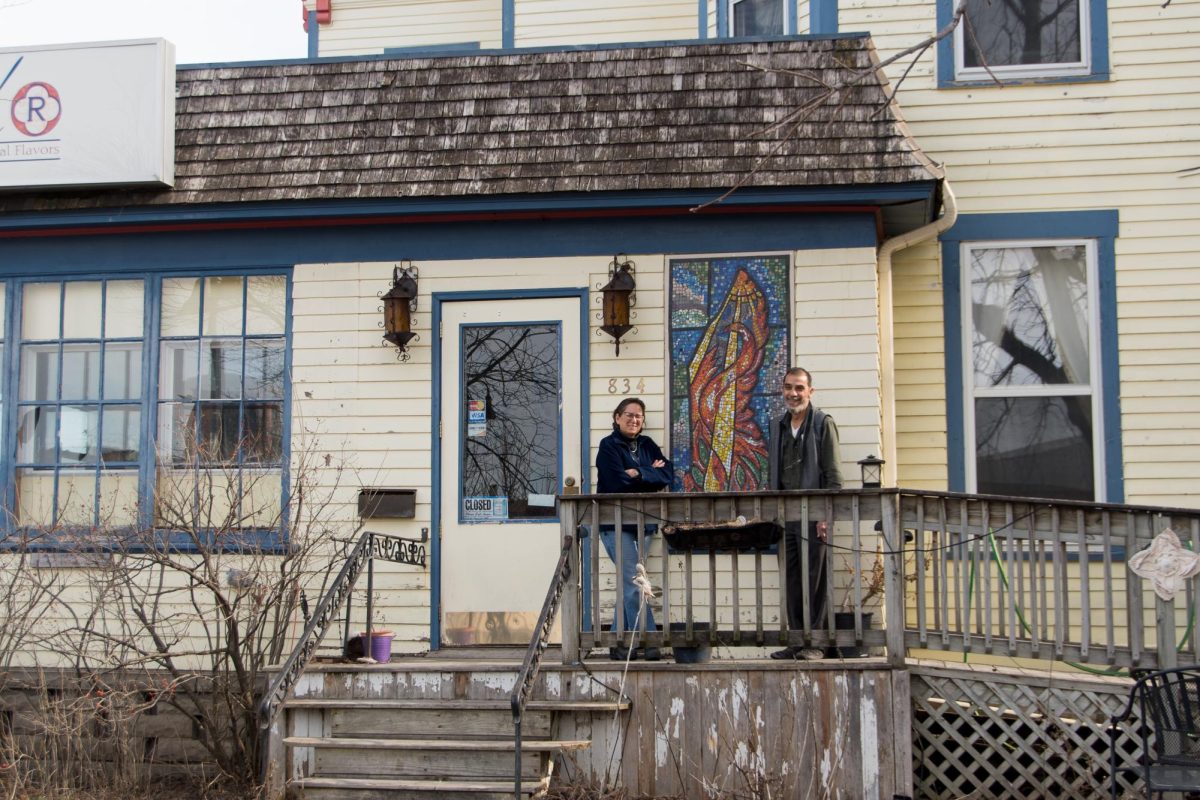




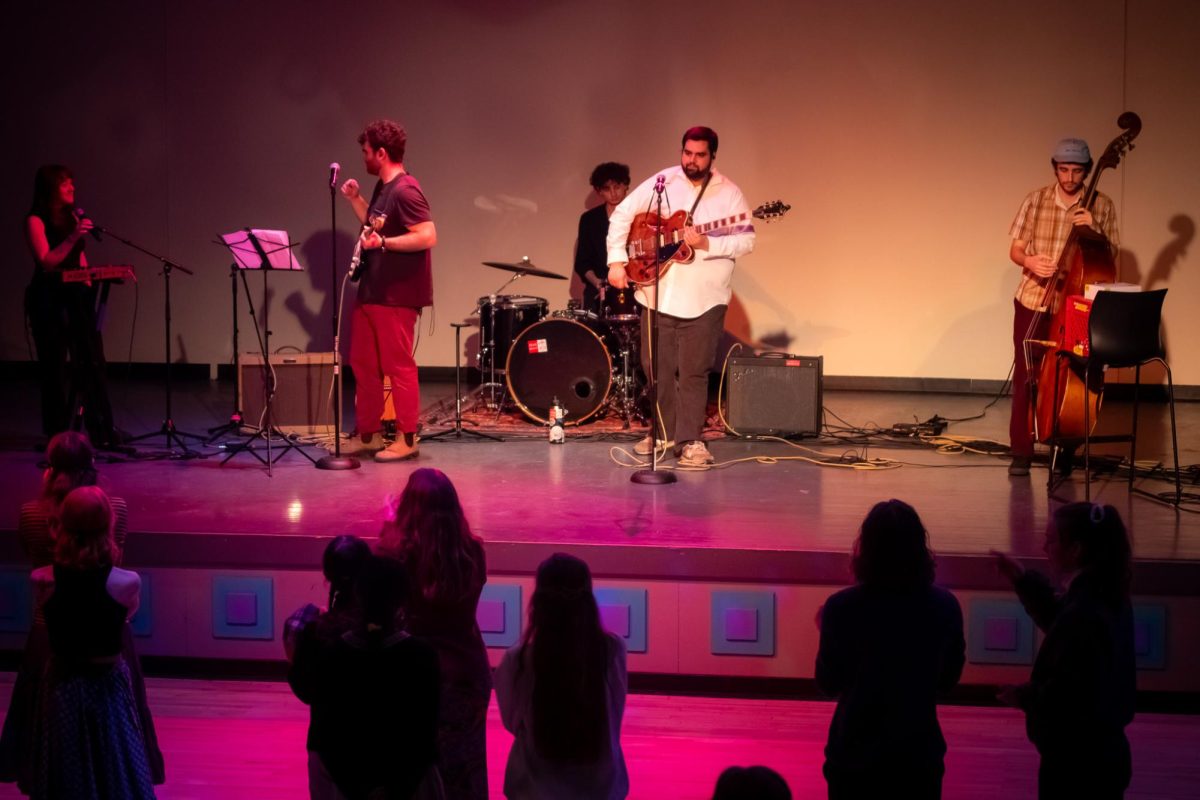

Caitlin Carmody • Oct 10, 2011 at 1:18 am
I spent the two years I was a Student Advisor trying to explain to my mom why I wasn’t being compensated for the many hours of work I put into the job. She never got it, and I understand why. It’s a unique job at a unique place. I also understand why I — and many others — often wished for compensation, despite defending our lack thereof to people like my mom. But I remain incredibly grateful for the unique setup Grinnell has when it comes to SAs. Instituting compensation for SAs would fundamentally change the nature of the job. Because I was not a paid college employee, I never had to question who I was accountable to, whose interests and safety I put first–my fellow students. I believe volunteer SAs are a fundamental part of self-governance, which relies on community support and accountability, not punitive and hyper-observant rule-adherence. I had RA friends at other colleges who were required to report fellow students for breaking rules, who fellow students avoided, who were not trusted by the very people they were there to support. I believe volunteer SAs are a wonderful, unique part of Grinnell and a fundamental part of self-governance, and I would be very sad to see that part of Grinnell go.